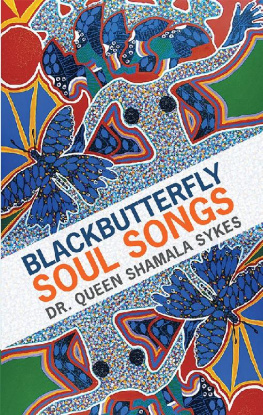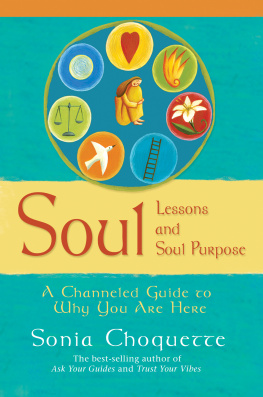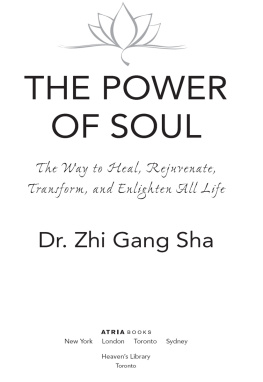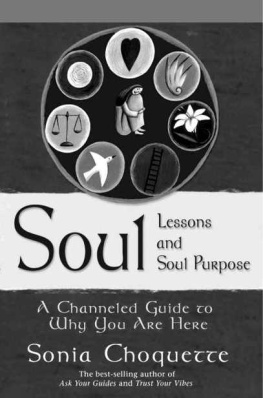All material in this work, except as identified below, is licensed under a Creative Commons Attribution-NonCommercial 3.0 United States License. To view a copy of this license, visit https://creativecommons.org/licenses/by-nc/3.0/us/.
All material not licensed under a Creative Commons license is all rights reserved. Permission must be obtained from the copyright owner to use this material.
COPYRIGHT 1993
by Wayne State University Press ,
Detroit, Michigan 48202.
The publication of this volume in a freely accessible digital format has been made possible by a major grant from the National Endowment for the Humanities and the Mellon Foundation through their Humanities Open Book Program.
LIBRARY OF CONGRESS CATALOGING-IN-PUBLICATION DATA
Wagaw, Teshome G., 1930
For our soul : Ethiopian Jews in Israel / Teshome G. Wagaw .
p. cm.(Jewish folklore and anthropology series)
Includes bibliographical references and index .
ISBN 978-0-8143-4410-1 (paperback), 978-0-8143-4394-5 (ebook)
1. Jews, EthiopianIsraelHistory. 2. EthiopiaEmigration and ImmigrationHistory. 3. IsraelEmigration and immigrationHistory. 4. ImmigrationIsraelHistory. 5. IsraelEthnic relations. I. Title. II. Series.
DS113.8.F34W34 1993
956.94'004924063dc20 93-7494
DESIGNER | S. R. TENENBAUM
Exhaustive efforts were made to obtain permission for use of material in this text. Any missed permissions resulted from a lack of information about the material, copyright holder, or both. If you are a copyright holder of such material, please contact WSUP at wsupressrights@wayne.edu .
http://wsupress.wayne.edu/
Contents
Introduction and Historical Background
Israel as an Absorbing State
The Journey and Settlement
The Beleaguered Family in Transition
Setting Up Home
Crisis in Communal Integrity and Identity
Primary Education
Postprimary Education and Training
Adult and Continuing Education
Community, Race, Modernity, and Work
Epilogue
Preface
M y family and I left our homeland, Ethiopia, in the summer of 1974, just for a year of sabbatical leave from Addis Ababa University (then known as Haile Selassie I University), where I had held various positions as professor and administrator for eight years. We never went back. A week after we left Addis Ababa, the Emperor was deposed by a military junta, as we had expected, but that did not matter, we thought. What mattered was the continued worsening of the political situation under the new military regime which later declared that it had adopted the Marxist-Leninist philosophy for the country. Among many other professional and family affairs, several of my research projects were interrupted.
I have been hoping to return to Ethiopia next year. Next year was to arrive seventeen years later in the summer of 1991.
Deprived of the opportunity to serve the society that has a legitimate claim on me directly in the areas of my qualifications, I had felt on several occasions emotionally, if not professionally, unfulfilled. When the news of the Beta Israel migration began to filter, I saw an opportunity to get involved. I had been to Israel in 1969 at the invitation of the Government, and I had long standing appreciation for the unique development efforts exerted by the people of that brave little country, but I had never seen an opportunity to stay there and work. That awareness came at the beginning of 1980 with the mass immigration of Ethiopians to Israel.
When I first visited the migrants in Israel in the summer of 1985, I felt I had come home. These were people I could understand and with whom I felt at home. Although not Beta Israel myself, I am from the same area and similar rural conditions most of them come from. Our language and general culture are similar. I grew up knowing some of the kids in the fields where we played together and tended our cattle. Later on, I had taught in a region in which some students were Beta Israel. At high school some were my classmates, later at college level I came to know some as my students. The sentiments derived from such experiences eventually led me to undertake the present investigation. I found the venture very rewarding.
Undertakings such as this require the cooperation and support of many experts. I was fortunate in having been able to enlist the support of so many talented people from both the United States and Israel. An attempt to list them all will, I am certain, remain incomplete. I will mention only the major ones. I would like to thank the late professors Wilbur Cohen and William Haber, deans emeriti in the School of Education and in the College of Literature, Science and the Arts of the University of Michigan, respectively. They were kind enough to commend and introduce me enthusiastically to Israeli officials, which proved to be invaluable. Once in the field, I was lucky to secure the support and mentorship of Professor Chaim Adler of the Hebrew University. His active support and encouragement during the fieldwork and continued interest since proved very valuable for the success of my work. Id like to thank Dr. Steve Kaplan, also of the Hebrew University, a specialist in the history of Ethiopian religions, for his support and help in paving the way for my research. Dr. Haim and Esther Rosen were constant friends and confidants during my long months of work in Israel. We traveled together to the fields on several occasions, and their knowledge of the many issues the immigrants were facing in Israel was invaluable to me. Dr. Zev Klein, then director of the School of Education of the Hebrew University, was very helpful. Dr. Shalva Weil, Pnina Golan-Cook, Jemaneh Yosef, and Joan Chase also were of much help. Ato Rahimim Yitshak, an educator of long standing in both Ethiopia and Israel, contributed to my understanding of the issues of the Beta Israel in the area of education. Ato Akiva Elias, one of the young men who had obtained his education in Israel in the 1950s, had returned to Ethiopia to work for twenty-one years in many capacities, and now was back in Israel doing valuable work among his own people, was very generous in putting his deep understanding of the many issues confronting the migrants at my disposal. Yani Elchanan, director of the Kiryat Arba group, was both generous with his time and very pleasant as a colleague and friend. Above all, I would like to record my lasting gratitude to my friend and former colleague, constant adviser, confidant, and supporter, Dr. R. B. Schmerl, formerly of the University of Michigan and now with the University of Hawaii, who generously shared his vast knowledge of Israel and his editorial skills. Dr. Mary R. Achatz, then my assistant at the University of Michigan, went beyond the call of duty by applying her many scholarly talents and technical skills to stimulate and help refine my thinking regarding methods and instruments of investigation; at a later stage, she was the first person who saw the draft pages as they came off my word processor and gave them acceptable form. I owe her a debt of enduring gratitude. My wife, Tsehai Wolde-Tsadik, once again bore much of the family responsibilities during my long absences. I thank her for her forbearance and support.




 WAYNE STATE UNIVERSITY PRESS DETROIT
WAYNE STATE UNIVERSITY PRESS DETROIT













